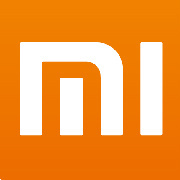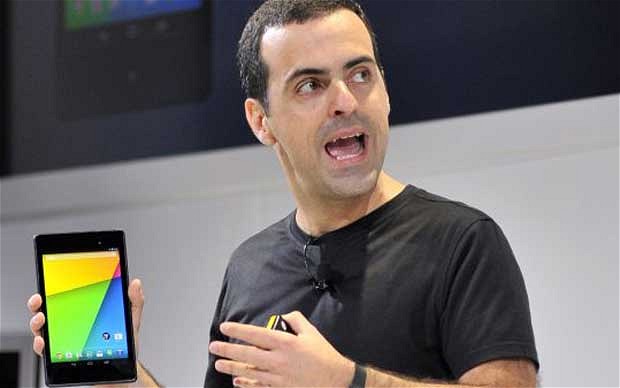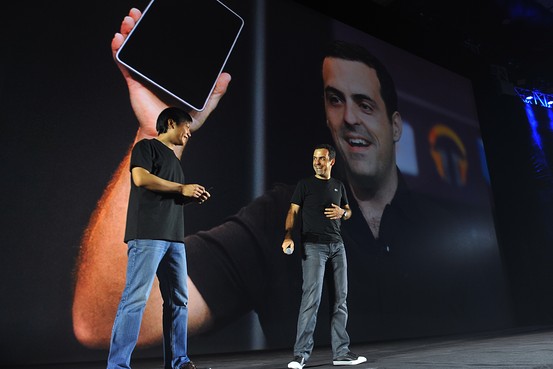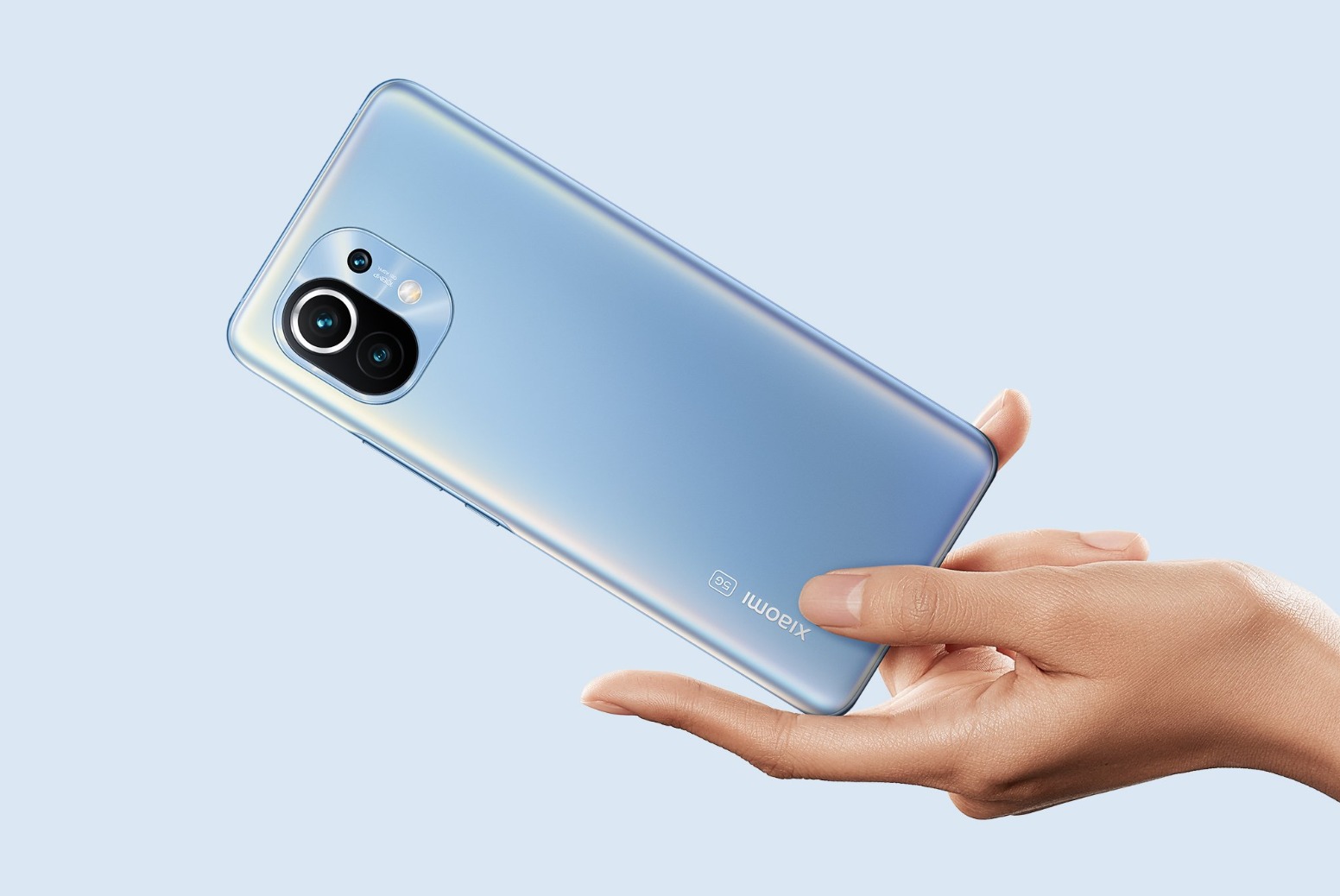Last weekend, I was going through my usual reading list and read this particular story – how up-and-coming Chinese consumer electronics player Xiaomi Inc had paid US$3.6 million to secure the domain name mi.com.
Quartz.com reported that this domain acquisition is so far the most expensive of the year; the second most expensive of which was the acquisition of whisky.com at US$3.1 million.

The whopping US$3.6 million paid by a nascent consumer electronics company for mi.com was ostensibly because of the inability of ‘non-native Chinese’ speakers, a common euphemism for westerners, to properly pronounce the Beijing-based company’s name, according to Quartz.
The purchase of the domain name for such an expensive price isn’t new as this phenomenon is called ‘domain parking,’ a practice of reserving a domain name for future development and use. The move is also meant to protect against the possibility of another more malicious Internet practice called ‘Cybersquatting’.
It seems that these speakers aren’t able to easily pronounce the ‘Xiao’ part of the Xiaomi, often getting their tongues twisted, notes CNET. The proper way, apparently to pronounce the name is ‘She-ow’ while most people would end up saying ‘Shaow.’
I think we Malaysians can identify with this move as funnily enough, this is akin to how we Malaysians, sometimes meet non-Malaysian native speakers – those who are not familiar with ‘Manglish’ – who pronounce that swanky part of town known as Bangsar to us as ‘Baeng-saar.’
Well, I guess it isn’t quite so funny for Xiaomi as it has surely signalled its intention to take on the world and its competitors in the consumer electronics.
Put simply, the switch to something simple such as mi.com is seen by many as a move to globalise its brand by making the name more pronounceable and acceptable by global standards.
The knock-on effect, of course, is to make it easy for its potential customers to not only pronounce but also recognise it as a hip and memorable brand.

If you think about it carefully, Xiaomi’s move shows how important a brand name is. According to Wikipedia, the etymology of the word comes from two other words – ‘Xiao,’ meaning small and ‘mi,’ meaning ‘rice.’
It goes on to say that the name concept suggests that the company wants to work from the little things, instead of starting by striving for perfection. The “mi” in the name is also an acronym for Mobile Internet and Mission Impossible, referring to the obstacles encountered in starting the company, says its founder Lei Jun, the 23rd richest man in China, according to Forbes.
Pretty impressive, considering the company only started in June 2010, employs some 3,000 people, and is now currently valued at US10 billion, after two rounds of very successful venture funding.
Lei is also being acknowledged as the ‘Steve Jobs of China,’ something that he himself encourages, although obviously, he was already a successful entrepreneur in his own right even before starting Xiaomi.
Hiring the best
Besides these impressive facts, another indication as to how serious the company and Lei are about taking on the world with its revamped global brand mi.com is the kind of people he has on its payroll, all of whom aren’t lightweights in the tech industry.

Last year, Google’s former head of product management Hugo Barra joined the Chinese player in October as global vice president of Xiaomi last year, as did Lin Bin, who is now Xiaomi’s co-founder and president. Lin was previously the vice president of Google China’s engineering research institute and engineering director of Google.

The path that Xiaomi is taking isn’t new and mimics how other companies – notably Korean automotive makers – have poached experts and top executives from other multinationals to spearhead their global vision and mission, as well as to execute their desire to take on the world’s most established players in their respective fields.
For example, Kia Motors pried one of Europe’s top auto designers Peter Schreyer from German giant Audi in 2006 in a bid to revamp its automotive line up. Schreyer had previously worked at Volkswagen and had won the Design Award of the Federal Republic of Germany.
Such moves are inevitable as the world is much more globalised that it was a decade ago. To paraphrase award-winning journalist and author Thomas Friedman, globalisation has made the world from large to medium to small to tiny.

For Xiaomi, the writing on the wall is clear – it wants to take on the greats in the consumer electronic space. This list includes Apple, Samsung and everyone else in between. To date, its strategy has largely been confined to selling and marketing from within its shores as well as in Taiwan, where it enjoys great popularity and loyalty.
Still, it remains to be seen how the company fairs on a global stage and with its plans to widen its product portfolio and services to go along with these wares.
As far as Malaysia is concerned, Xiaomi is making its way into our hands and in the near future, you’ll see them on these very pages. As a sneak peek, I can tell you that there will be a review on one of its budget smartphones very soon.
So stay tuned as we bring you deeper impressions of what the brand represents and how it will differentiate itself from the rest of the crowd.
Image credit: Telegraph UK, AllThingsD
Subscribe to Vernonchan.com: Never miss a story, read stories on Feedly and Medium
Disclosure: Keep in mind that VERNONCHAN.COM may receive commissions when you click our links and make purchases. Clicking on these links cost you nothing and it helps to cover some of the costs for the upkeep of the site. While we may receive commissions, this does not impact our reviews, views and opinions which remain independent, fair, and balanced. Thank you for your support.










